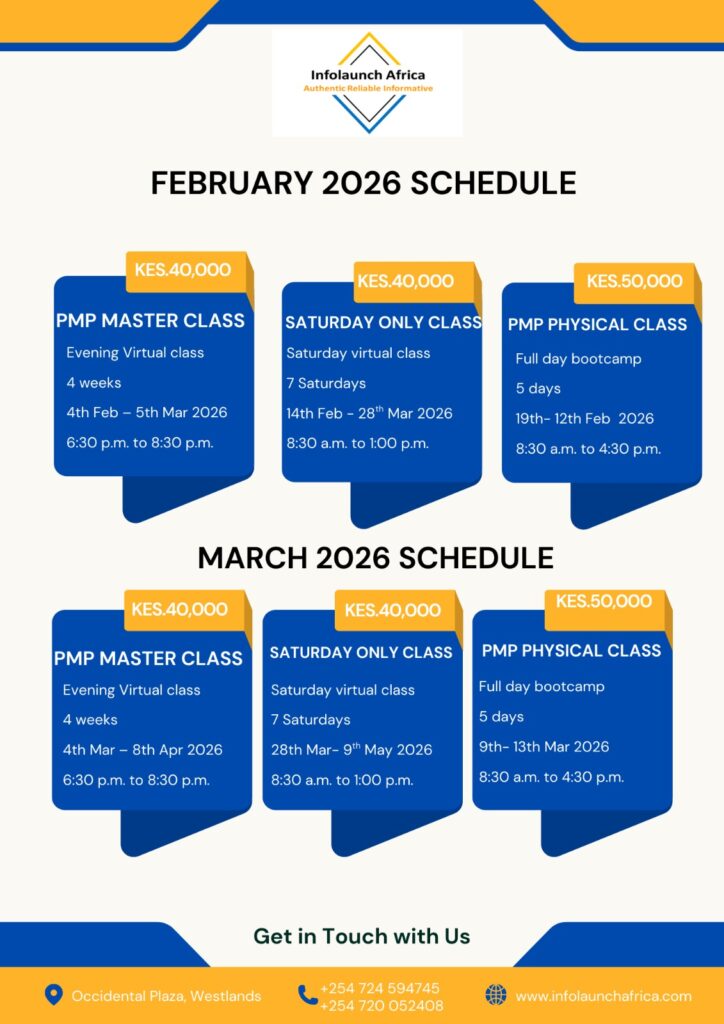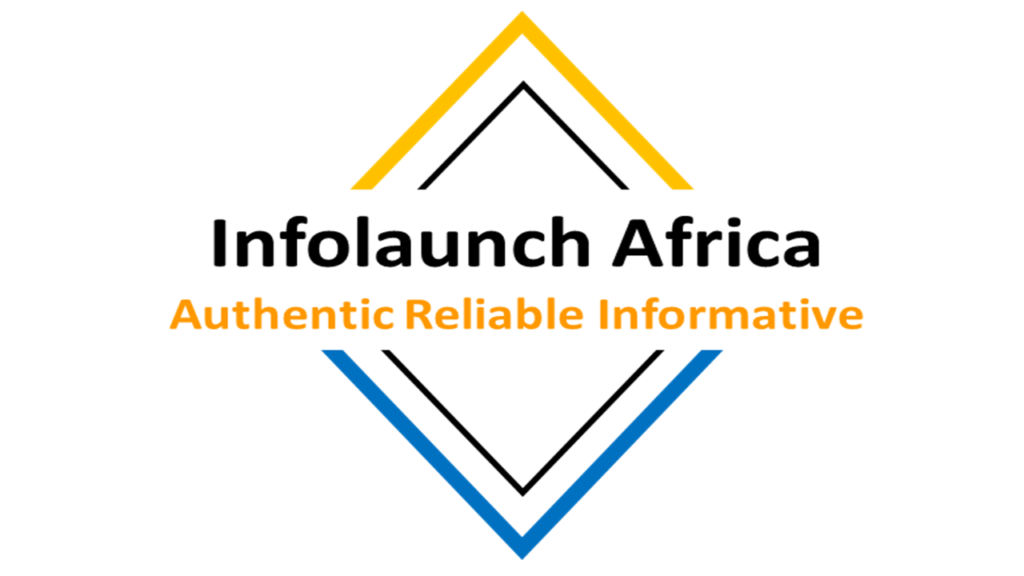- +254 720052408 / +254 724594745
- Info@infolaunchafrica.com
M&E CONSULTANCY SERVICES
Register for upcoming classes
We specialize in the following assessments to put your project on the right track;
1. Formative Evaluation
This is generally conducted before the project implementation phase. But depending on the nature of the project, it may also continue through the implementation stage. Its main purpose is to generate baseline data to investigate the need for the project, raise awareness of the initial project status, identify areas of concern and provide recommendations for project implementation and compliance.
2.Process Evaluation
It is conducted as soon as the project implementation stage begins. It assesses whether the project activities have been executed as intended and resulted in certain outputs. Process evaluation is useful in identifying the shortcomings of a project while the project is still ongoing to make the necessary improvements. This also helps to assess the long-term sustainability of the project.
3. Outcome Evaluation
This type of evaluation is conducted once the project activities have been implemented. It measures the immediate effects or outcomes of the activities in the target population and helps to make improvements to increase the effectiveness of the project.
4. Summative Evaluation
This occurs immediately after project conclusion to assess project efficacy and the instant changes manifested by its interventions. Summative evaluation compares the actual outcome data with baseline data to determine whether the project was successful in producing the intended outcomes or bringing about the intended benefits to the target population. It provides evidence of project success or failure to the stakeholders and donors to help them determine whether it makes sense to invest more time and money for project extension.
5. Impact evaluation
Impact evaluation assesses the long-term impact or behavioral changes as a result of a project and its interventions on the target community or population. It assesses the degree to which the project meets the ultimate goal, rather than focusing on its management and delivery. These typically occur after project completion or during the final stage of the project cycle. However, in some longer projects, this can be conducted in certain intervals during the project implementation phase, or whenever there is a need for impact measurement.
6. Real-time Evaluation
Real-time evaluation is undertaken during the project implementation phase. It is often conducted during emergency scenarios, where immediate feedback for modifications is required to improve ongoing implementation. The emphasis is on immediate lesson learning over impact evaluation or accountability.
7. Participatory Evaluation
This type of evaluation is conducted collaboratively with the beneficiaries, key stakeholders, and partners to improve the project implementation. Participatory evaluation can be empowering for everyone involved as it builds capacity, consensus, ownership, credibility and joint support.
8. Thematic Evaluation
Such type of evaluation focuses on one theme across a number of projects, programs or the whole organization. The theme could be anything, ranging from gender, migration, environment etc.
9. Cluster or sector Evaluation
Just as the name suggests, this evaluation is implemented by larger development and humanitarian sectors, including a group of different organizations, programs or projects that are working on similar thematic areas. It assesses a set of interconnected activities across different projects and entities. As a result, it strengthens partnerships within these key sectors, while improving their coordination, accountability, predictability, and response capacity.
10. Meta-Evaluation
This is used to assess the evaluation process itself. Meta-evaluations could be useful to make a selection of future evaluation types, check compliance with evaluation policy and good practices, assess how good evaluations are utilized for organizational learning and change, etc.

Call us Today
+254 724 594 745
+254 720 052 408
+254 721 782 738
You’d like to talk to us about a project, or anything else, we’d love to hear from you
